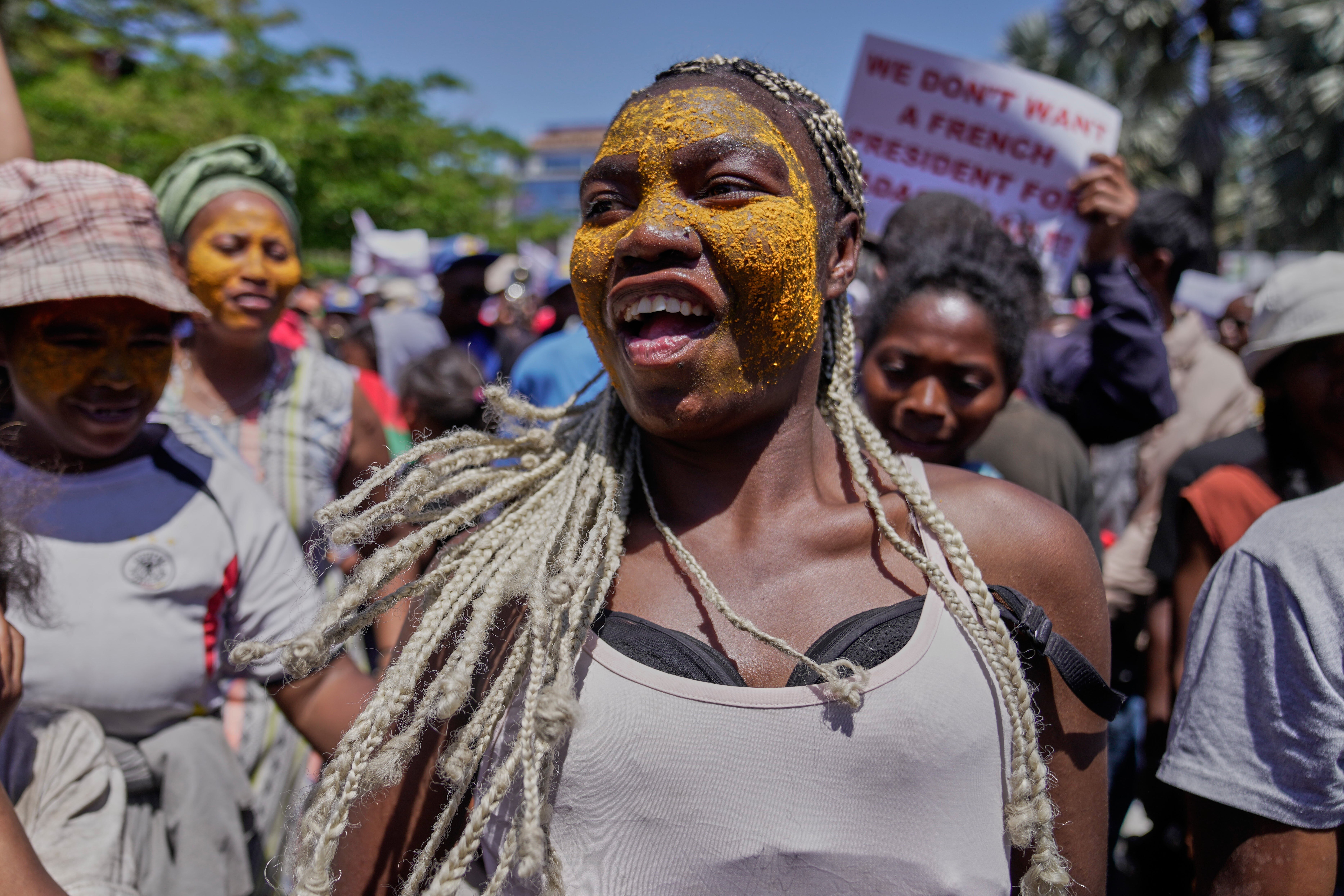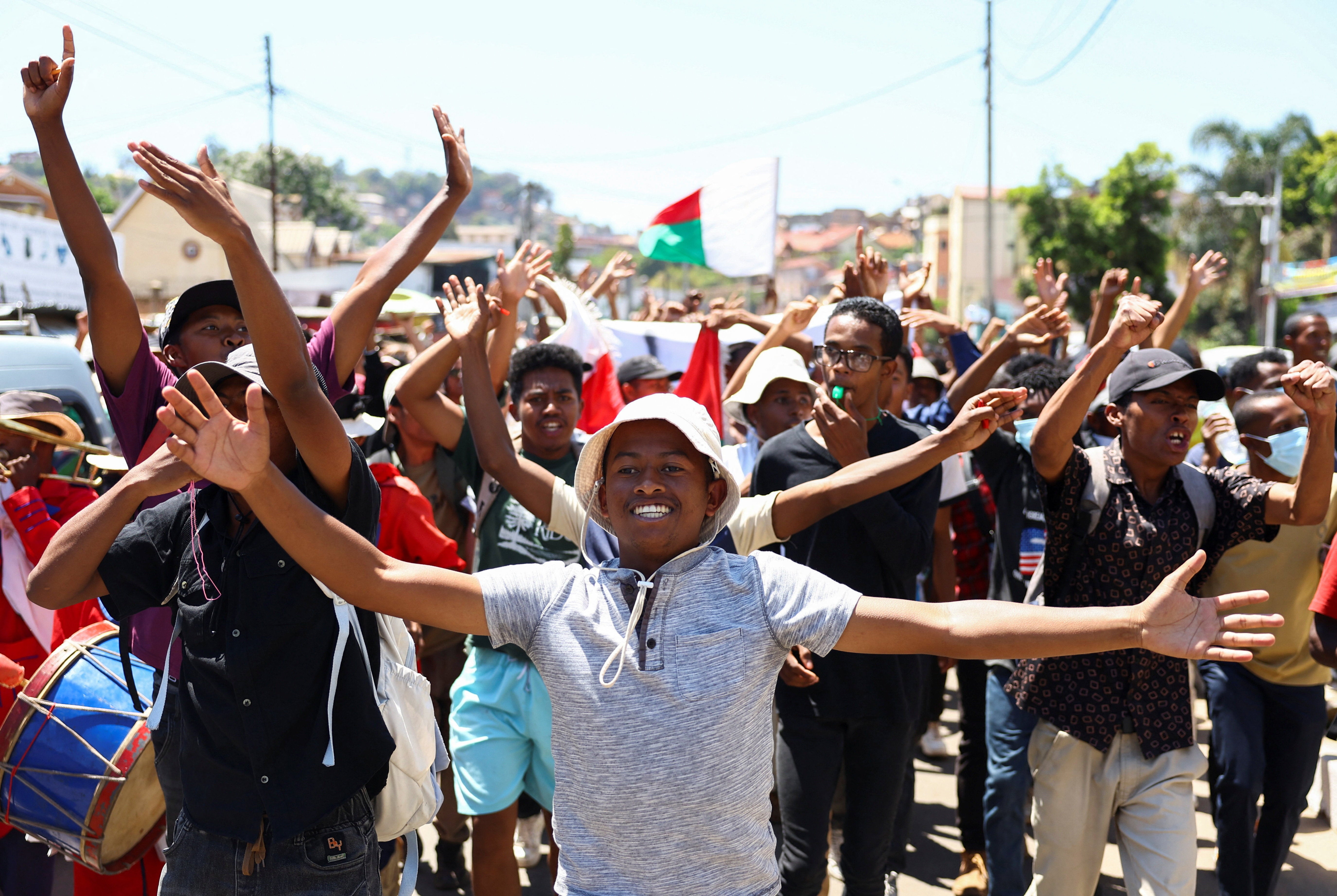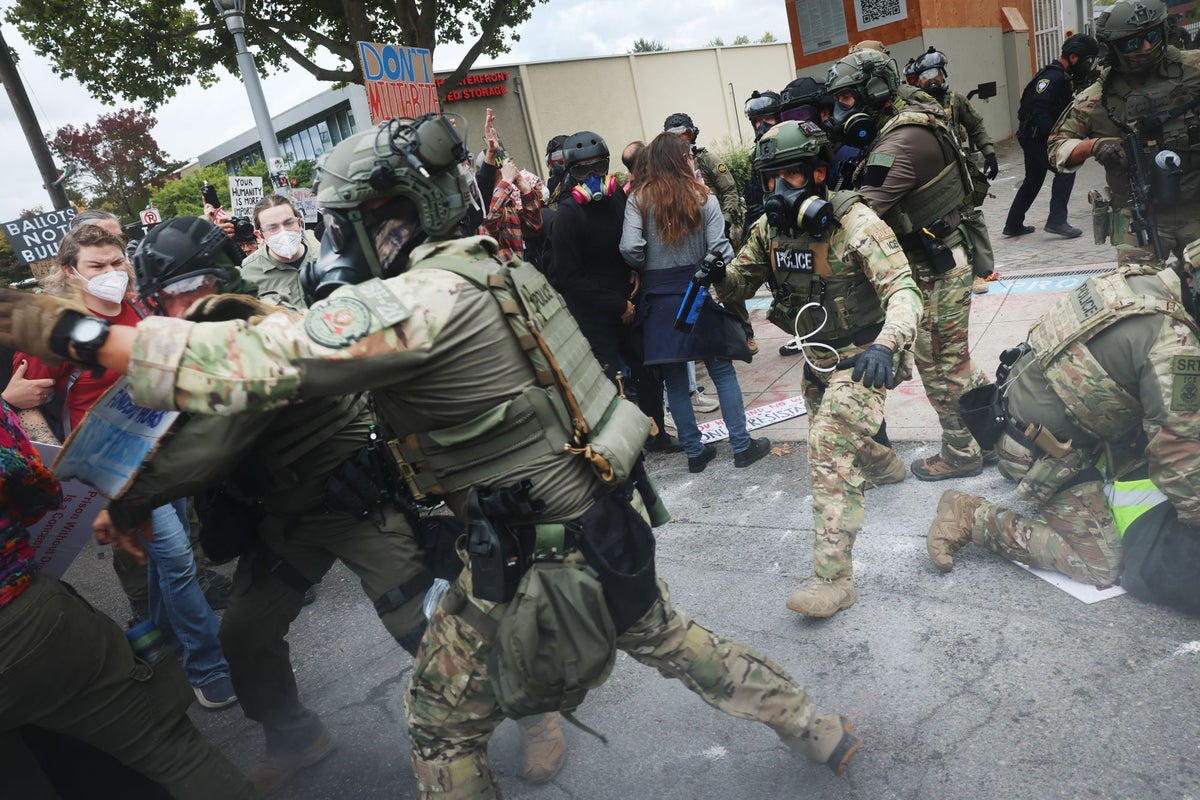Thousands of young protesters in Madagascar's capital, Antananarivo, have issued an unequivocal demand to President Andry Rajoelina: he must resign now.
"He has to quit. Immediately," declared Angie Rakoto, a 21-year-old law and politics student, speaking from May 13 Square. The square itself holds historical resonance, named after a 1972 youth-led revolution that ousted the nation's first post-independence president.
Amidst the fervent chants of "Rajoelina, get out!", Ms Rakoto acknowledged the uncertainty of what comes next. "Honestly, I've no idea who should replace him," she shrugged. "But it has to be someone who is here for the Malagasy people, not himself."
These Gen Z activists, who have sustained weeks of demonstrations against Mr Rajoelina, are now sensing a potential victory. Their renewed optimism follows reports that the president recently departed the country aboard a French military aircraft.
While Rajoelina has not formally stepped down, on Tuesday the National Assembly impeached him and the military has filled the void to take power, according to an army colonel who led a mutiny supporting the protesters.
Gen Z anger drives protest
Madagascar's turmoil appears typical of youth-led protest movements around the world in the past few weeks: demonstrators are desperate for change but unsure what it will look like.
What began as an uprising against chronic power and water shortages in the southern African island last month swiftly morphed into a demand the president step down. It gained momentum over the weekend when the elite military unit that brought Rajoelina to power in 2009 backed the protest.
One of its commanders, Colonel Michael Randrianirina, told a cheering crowd and announced on national radio on Tuesday that the military was dissolving most institutions and would rule.
The public anger has mirrored similar demonstrations in countries as diverse as Morocco, Peru and Nepal where youngsters have marched to decry inequality, unemployment, living costs, crumbling public services and corruption.

At the protests in Madagascar, participants have used a flag depicting a skull with a straw hat from the Japanese manga series "One Piece", a common symbol in the Gen Z demonstrations globally.
Many feel they are ruled by elites consisting mostly of older men who have either ignored their problems or worsened them while feathering their own nests.
With the protest movement having no leader, and the army playing a role in turning the tables against Rajoelina, it had seemed increasingly likely a military man would take charge.
That does not appear to worry many protesters - despite the fact that after Tsiranana's downfall, two successive military leaders ran the economy into the ground.
"A military man, if he cares about the territory, that's fine," said Fanizy Razafimandimby, a 30-year-old mechanic on the square flanked by colonial buildings between two steep hills.
"That's for the transition. Our hope is for someone who can repair things."
Asked who that might be, he said: "I don't have anyone specific in mind," echoing responses from a dozen other protesters interviewed by Reuters.
An island state mired in poverty
Madagascar remains one of the world's poorest countries, even compared with most of the African mainland. Three quarters of people live below the World Bank's poverty line of $2.15 a day, a proportion that has barely shifted in four decades.
Average income is $600 a year. The Indian Ocean island, whose median age is 19, ranks in the bottom 20 of the U.N. Human Development Index tracking a broad range of wellbeing metrics.
Some of those gathered at the protest wore torn, dust-strained clothes, while shoeless children flitted between them rubbing their stomachs and stretching out palms to beg for change.

Many Malagasy blamed ex-colonial master France for their problems, and Rajoelina's dual citizenship and perceived closeness to France was repeatedly denounced by youths taking the microphone at the protest.
Mamisoa Ravonsinirina, 30, knows firsthand how angry people are about power cuts: he works in a call centre fielding complaints on behalf of the national electricity provider.
"You have to calm them down. I tell them things will get better," he said, marching down a street alongside protesters holding a Malagasy flag. "But I know the reality."
His own house was not spared power and water shortages, and with his 700,000 ariary ($150) a month salary - even with a master's degree - he has struggled with the rising food prices.
Madagascar's economy depends on commodities: vanilla, of which it grows two thirds of global supply; minerals such as nickel, sapphires and ilmenite - a pigment used to whiten things like plastics and toothpaste; seafood; and textiles.
Successive governments have failed to generate prosperity from these prized goods, and Rajoelina's unfulfilled promises to do so were a major theme of the protest.
"We ask for jobs, we ask for electricity, we ask for rice we can afford, and what do we get? Damned speeches," said Andre Hassana, 26, a tour guide specialising in Anglophone tourists.
Asked if Rajoelina's replacement might be as bad, he replied: "Not this time. Malagasy people are good learners. We won't tolerate this again."

.jpeg)










.jpg?trim=0,0,0,0&width=1200&height=800&crop=1200:800)










.jpeg)













 English (US) ·
English (US) ·